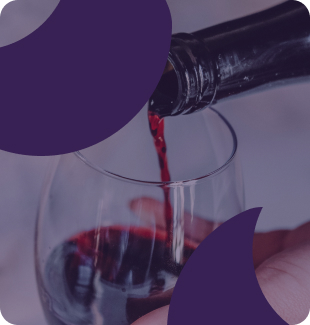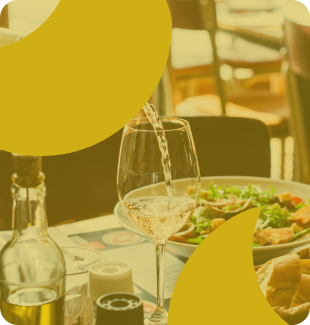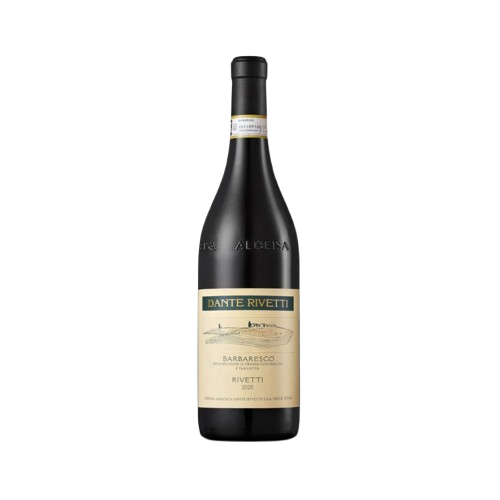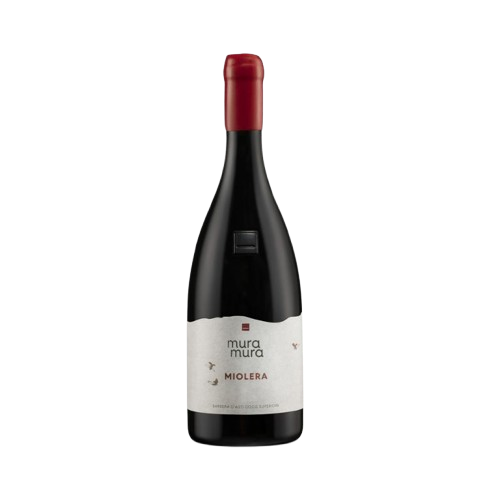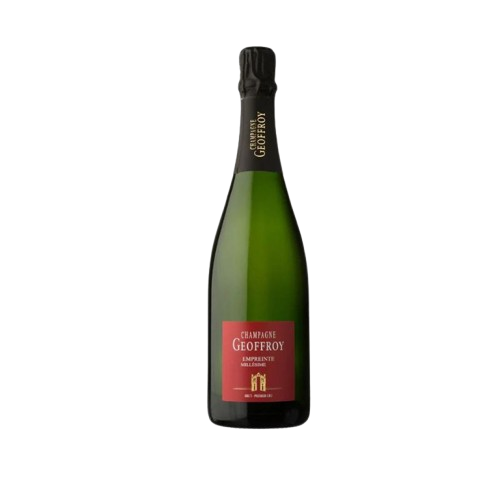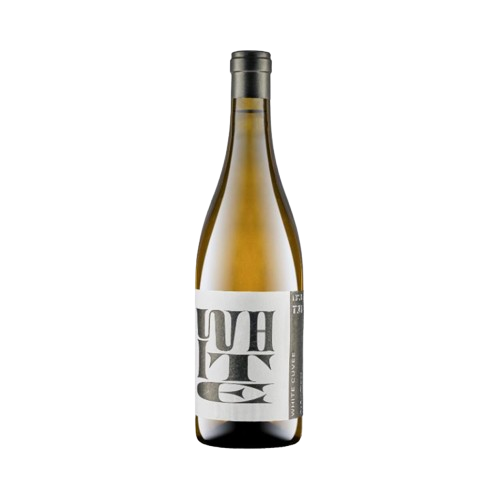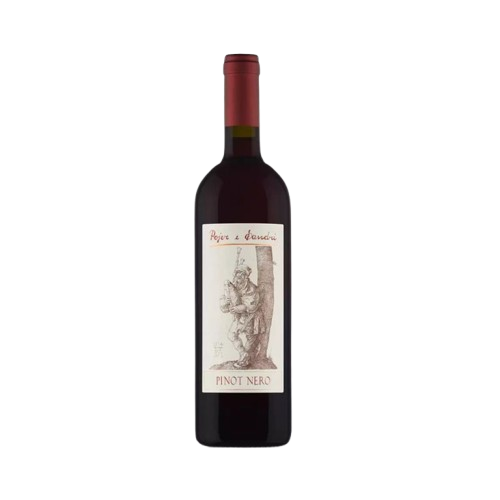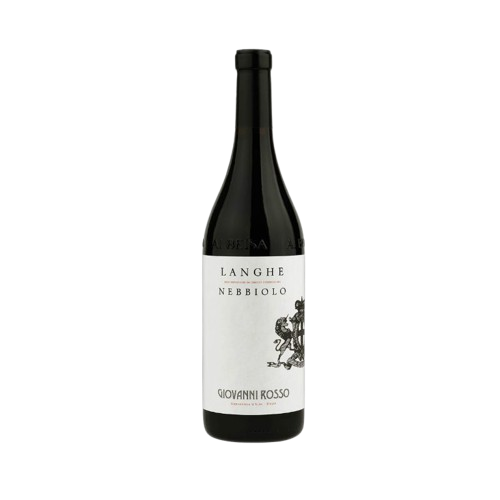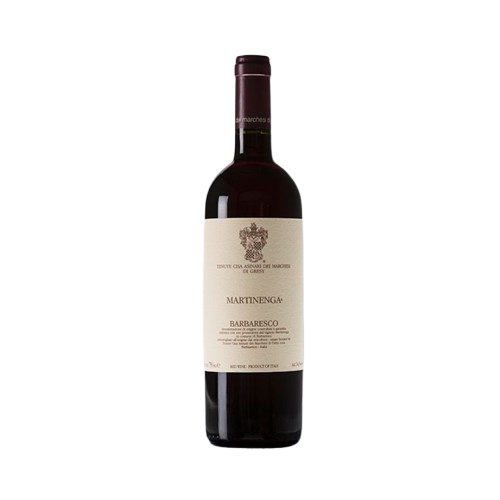Tignanello 2019
Tignanello 2019
150,00 €
Tignanello 2019
It was the first Sangiovese to be aged in barriques, the first modern red wine blended with non-traditional varieties (such as Cabernet), and one of the first red wines in Chianti Classico to not use white grapes. Tignanello is a milestone. It is made from a selection of Sangiovese, Cabernet Sauvignon, and Cabernet Franc.
3 in stock
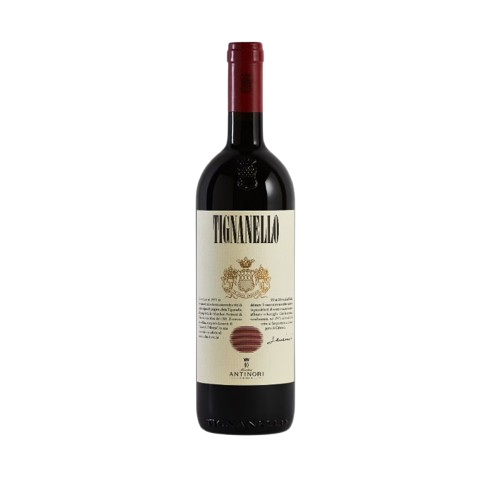
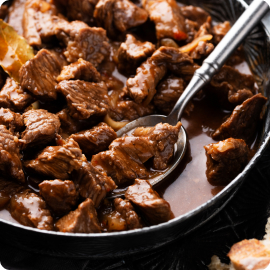
Braised Red Meat
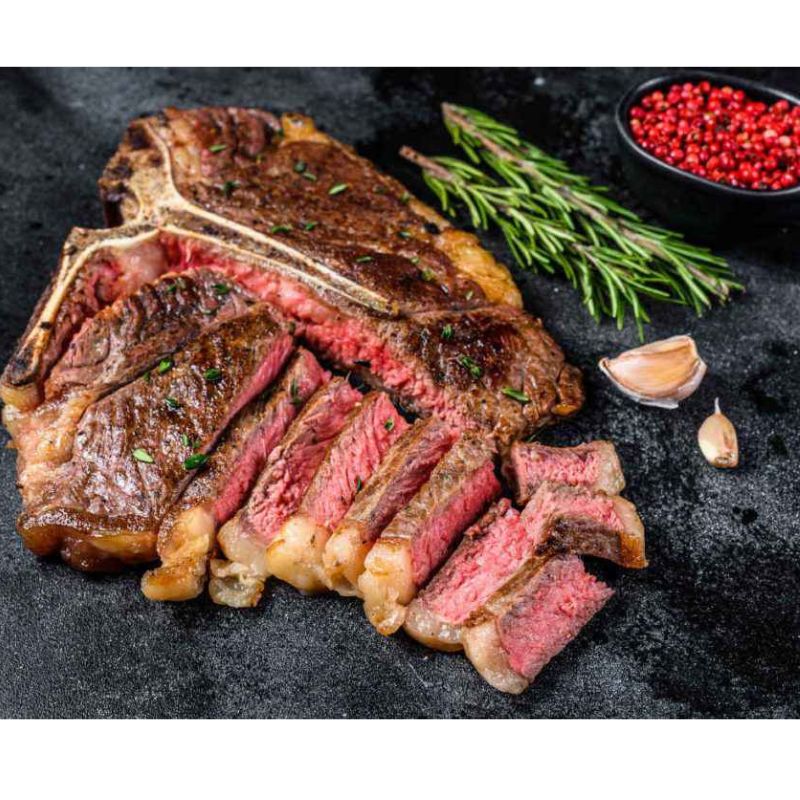
Grilled Ribeye Steak

Chocolate
Tignanello 2019
Tignanello 2019 It was the first Sangiovese to be aged in barriques, the first modern red wine blended with non-traditional varieties (such as Cabernet), and one of the first red wines in Chianti Classico to not use white grapes. Tignanello is a milestone. It is made from a selection of Sangiovese, Cabernet Sauvignon, and Cabernet Franc. Classification Toscana IGT Vintage 2019 Climate The 2019 season in Chianti Classico was characterized by regular climatic conditions, with a rather cold winter and sparse rainfall, and a cool, rainy start to spring, especially in April and May. The summer was warm, without extreme temperatures, and was marked by slightly above-average rainfall, allowing the plants to grow properly both in terms of vegetation and clusters. From late August through September and October, the optimal climate allowed the perfect maturation of all the varieties grown in the Tignanello vineyard. The grapes were harvested starting from the second half of September, beginning with the Sangiovese, and the Cabernet was harvested by October 16. Vinification The climatic conditions of the harvest required, as usual, great attention both in the vineyard during the harvesting operations and in the cellar upon the arrival of the grapes, where sorting and the first steps of winemaking were essential to achieve an optimal final result. During the fermentation process in truncated-conical vats, the musts were macerated with extreme care to preserve the aromas, extract color, and manage the sweetness and elegance of the tannins. The wine was pressed only after careful daily tastings. Once the skins were separated from the wine, malolactic fermentation began in barriques to enhance the finesse and complexity of the aromas. The aging process took place in French and Hungarian oak barrels, partly new and partly second-use, for a total period of about 14-16 months. After initial aging in separate lots, these were blended to complete the maturation in wood. The wine, primarily made from Sangiovese grapes and a small portion of Cabernet Sauvignon and Cabernet Franc, aged for an additional 12 months in the bottle before being released to the market. Historical Data Tignanello is made exclusively from the eponymous vineyard located at Tenuta Tignanello, on a 57-hectare plot exposed to the southwest, with calcareous soil containing tuff elements, at an altitude between 350 and 400 meters above sea level. It was the first Sangiovese to be aged in barriques, the first modern red wine blended with non-traditional varieties such as Cabernet, and one of the first red wines in Chianti to not use white grapes. Tignanello, originally "Chianti Classico Riserva Vigneto Tignanello," was first vinified from a single vineyard with the 1970 vintage, which contained 20% Canaiolo and 5% Trebbiano and Malvasia, and was aged in small oak barrels. Starting with the 1971 vintage, it became a Toscana table wine, named Tignanello, and by the 1975 vintage, white grapes were completely eliminated. Since 1982, the composition has remained unchanged. Tignanello is only produced in the best vintages; it was not produced in 1972, 1973, 1974, 1976, 1984, 1992, or 2002.
Color
Ruby red
Taste
It is enveloping and graceful, with silky and vibrant tannins that give the wine liveliness, savoriness, and a persistent taste. The aftertaste is characterized by notes of toasted coffee and bitter cocoa.
Aroma
The wine presents notes of red fruit, strawberry, and pomegranate, alternating with delicate hints of apricot and preserved peaches, accompanied by elegant nuances of vanilla, dried flowers, chocolate, and pleasant spicy sensations of nutmeg. Completing the bouquet are notes of coffee, caramel, and Mediterranean herbs.
Wines recommended for you
Get inspired by a selection of wines and sparkling options to suit all your needs.
